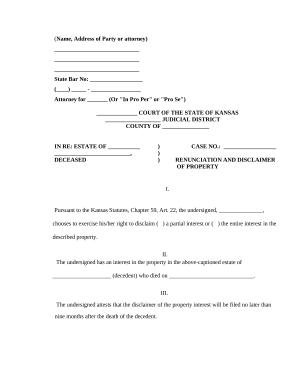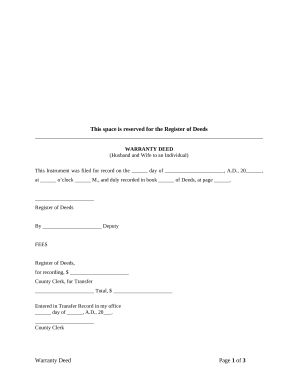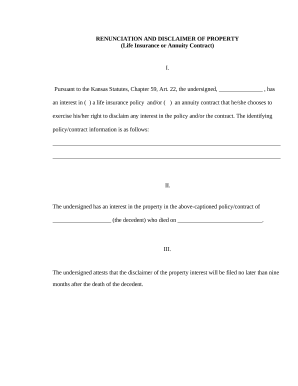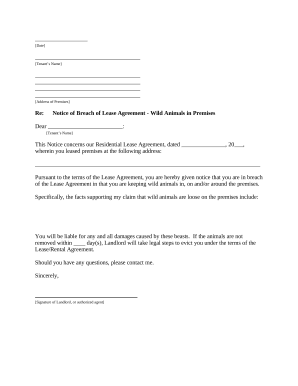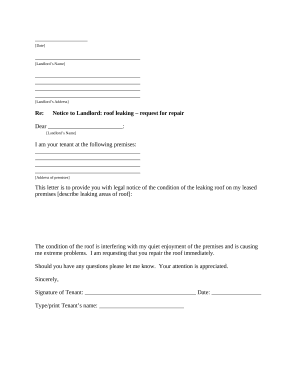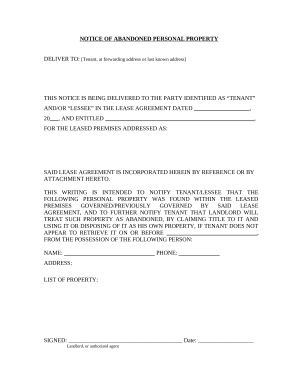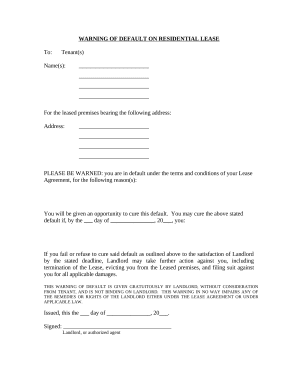Improve your work productivity with Kansas Property Laws
Record management occupies to half of your business hours. With DocHub, you can reclaim your office time and boost your team's efficiency. Get Kansas Property Laws category and check out all document templates relevant to your daily workflows.
Effortlessly use Kansas Property Laws:
- Open Kansas Property Laws and utilize Preview to obtain the suitable form.
- Click Get Form to begin working on it.
- Wait for your form to open in the online editor and start editing it.
- Add new fillable fields, icons, and pictures, adjust pages order, etc.
- Fill out your template or set it for other contributors.
- Download or deliver the form by link, email attachment, or invite.
Improve your daily file management with the Kansas Property Laws. Get your free DocHub account today to discover all templates.

